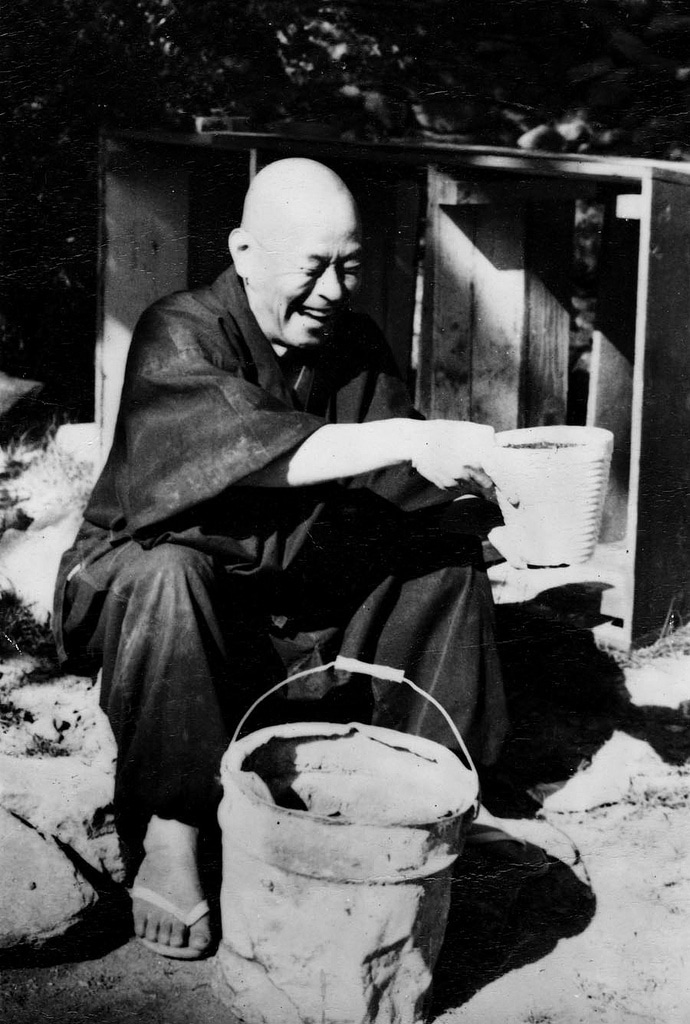
The act of loving one’s self feels right. It makes sense. It is simple, “love your self”. And, it is very complicated because there are parts of ourselves that we resist acknowledging, let alone loving. Loving one’s self is a continual process of uncovering smarter and kinder ways of relating to our self, to others and to the place we live.
We commonly hear the advice: “You need to love yourself before you can love another.” That is a very puritanical statement. The opposite is also true, we need to love another to love our self. Sometimes we find out about our self and self love through loving another.
“What is loving ourselves? There is a lot more to this than meets the eye.
“What if I love and reject myself sometimes?
“What are these selves we are talking about?
“Is there a self that loves another self?”
We can first find this self that cares for another self when we have hurt or vulnerable feelings. “I am feeling anxious, guilty, and shameful today so I will love that part of myself by doing or consuming my favorite thing, such as, chocolate ice cream or a beer, or both.” One self gives the other self something pleasurable. Yes, that is part of loving the self but there is much more to it.
There are other selves within us that need attention and soothing. They need attention and  genuine interest, such as, relaxing into an uncomfortable feeling to understand it. Spending time alone, exercising, meditation, and talking with someone are all ways to attend and soothe.
genuine interest, such as, relaxing into an uncomfortable feeling to understand it. Spending time alone, exercising, meditation, and talking with someone are all ways to attend and soothe.
- Loving the self is attention and genuine interest in one’s various emotional, physical and spirit/soul needs.
The Zen meditation teacher, Shunryu Suzuki gives us an attitude to approach these various selves. “In the beginner’s mind there are many possibilities, but in the expert’s there are few.”, Zen Mind, Beginner’s Mind (p. 1).
Falling in love with these parts of our self is interesting, exciting, and terrifying at first but as we keep a “beginners mind” about the process, the “possibilities” of our life open up. The “expert” in us is sure of right and wrong, good behavior and bad behavior but without the “beginner’s mind” there is no new growth.
- Loving one’s self is accepting what I feel right now and right now and right now. For example, accepting that I reject myself sometimes. Accepting that I am afraid of feeling sometimes. Awareness without judgement is “beginners mind”.
- Loving our self is open to “many possibilities,” many insights, many choices.
- Loving myself is open to learning what is unconscious.
- Loving myself acknowledges there is more to me than I think. “I need to look deeper.”
Working with the Fear of Loving One’s Self
From the previous post: 
“Your task is not to seek for
love, but merely to seek and
find all the barriers within
yourself that you have built
against it.” Rumi
We have the same dynamic in loving the self and loving another. What get’s in the way?
We are fundamentally loving empathetic creatures that got all twisted up. We need to “find the barriers within” that block our fundamental state of mind. Fear of getting emotionally hurt is at the top of the list, of course. This could include feelings of embarrassment, feelings of not knowing what to do, or fear of being alone.
Fear of loving the self or loving another is the same. “I am afraid of losing my small self to something larger.” But as we learn to open up to the big mind the small ego mind can relax. Psychologically the unconscious mind leads the way for the conscious mind.
Small self, Big self; Small mind, Big mind
The action “to love myself” indicates a lover and love-e. One part of me loving another part of me. It sounds a bit like split personality. It is, but we can relate to the split.
- Loving myself is not judging split selves. For example, the split between the self I like and the self I reject. I have two parts to me. One self is angry at another self, rejecting that self, judging it, and another self is wanting to be accepted.
We see many selves actually, many parts of our total personality. Some parts we show others, other parts we keep hidden and only share with those we trust. And the other parts we may keep hidden to our self until the big mind exposes them to us in our dreams or we have an emotional explosion of some kind. The release points to something underlying.
“Big mind and small mind are one. When you understand your mind in this way, you have some security in your feeling.” Suzuki, Shunryu, Zen Mind, Beginner’s Mind (p. 19).
For example, most in-depth psychologies and spiritual practices recognize a small self as a conscious human I(ego) and a big self or big mind as background or parent to the small mind. This large self/mind is like an ocean, sky or tree of life. We can experience this big mind and not just believe in it. We can feel and know it’s guidance, richness and security.
Big Self/Mind
The big self/mind hold these split parts all that we need, provided we learn the ways of this background mind. In psychotherapy and meditation we learn to relate to this background, this big mind that produces feelings, thoughts, and dreams from out of no where. The big self exposes the depths and height of human potential or it’s demise if the nature of the ocean is ignored.
Big mind has many parts or personalities that we may love and hate. But they are a part of us, sometimes desired and sometimes ignored. My small mind may like the feeling of confidence so it ignores feelings of insecurity and anxiety as not a part of me. That is where self acceptance, self love come into practice. We can rest the small mind in the arms of the big mind as we accept that which is rejected.
C.G. Jung described this rejected part as the shadow. For example, confidence has a shadow of insecurity and anxiety. As our confident side accepts anxiety as a part of its development, the big mind opens up to us. The mixture of light and shadow, love and rejection become empathy and understanding. We understand why people feel insecure and anxious because we know it in our self. We know the work involved and the practice that is involved in holding light and dark together. As we accept our shadow we walk through the doorway into big self, big mind. We have “security of feeling” because nothing is pushed out. Many refer to big mind as, The Great Spirit, God, Universal nature, The Tao, Buddha nature and so forth.
“The psychic totality, the self, is a combination of opposites.” C.G. Jung
What can I do?
Practice being open to whatever feeling or thought comes into mind without pushing them away or tripping out on them. Just to feel and observe what happens is loving yourself. Just to experience the mind as it is, is loving the self. If thinking and rumination start to take over, shift the mind to the breath and body to slow the mind down.
What is this self I need to love?
That which I reject about myself.
That which feels tender or vulnerable.
That which hurts.
That which has a secret longing.
That which has had a psychic experience and then trivialized it.
That which has potential.
That which produces dreams and visions.
That which is erotic and numb.
That which creates and does harm.
That which…………
The most hidden part of the shadow is the fear of our potential. The fear of psychological and spiritual freedom is discussed by Plato in the Allegory of the Cave. Any meditator that has sat long enough to experience the “unbearable lightness of being” understand the fear of peace and freedom. Allowing the small self to rest in “being” takes some time and practice. But little by little we can heal these split selves and rest the mind in it’s natural state.
spiritual freedom is discussed by Plato in the Allegory of the Cave. Any meditator that has sat long enough to experience the “unbearable lightness of being” understand the fear of peace and freedom. Allowing the small self to rest in “being” takes some time and practice. But little by little we can heal these split selves and rest the mind in it’s natural state.
For more on working with the shadow
